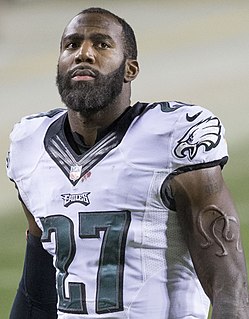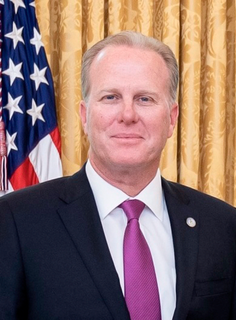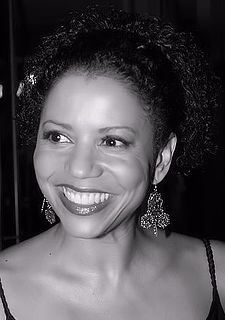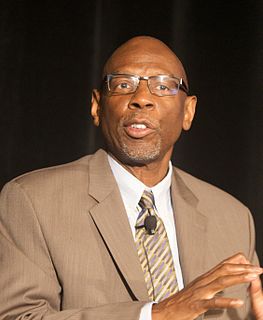A Quote by Bryant Terry
In terms of addressing some of the most impacted communities and historically excluded communities - often of color, often low income - there is this adage in specifically African American communities that on every corner in low income neighborhoods you'll find a liquor store.
Related Quotes
In the long run, we will need many more African-American, Latino, and Native American leaders, and leaders from low-income communities, who can bring additional insight and a deeply grounded sense of urgency, and who are the most likely to inspire the necessary trust and engagement among students' parents and community leaders.
All communities, and low-income communities especially because of food insecurity and lack of access to healthy foods, need more farmers markets, need more community gardens and urban farms. It would be great if people living in communities had the tools and resources to grow food in their own backyard - community-based food systems.





































